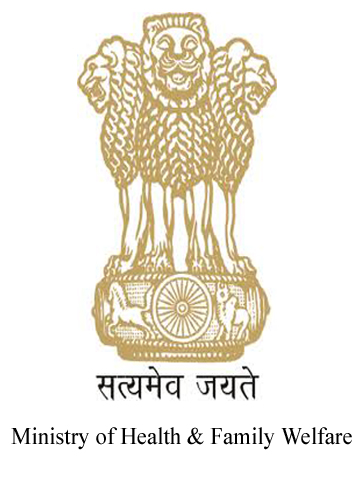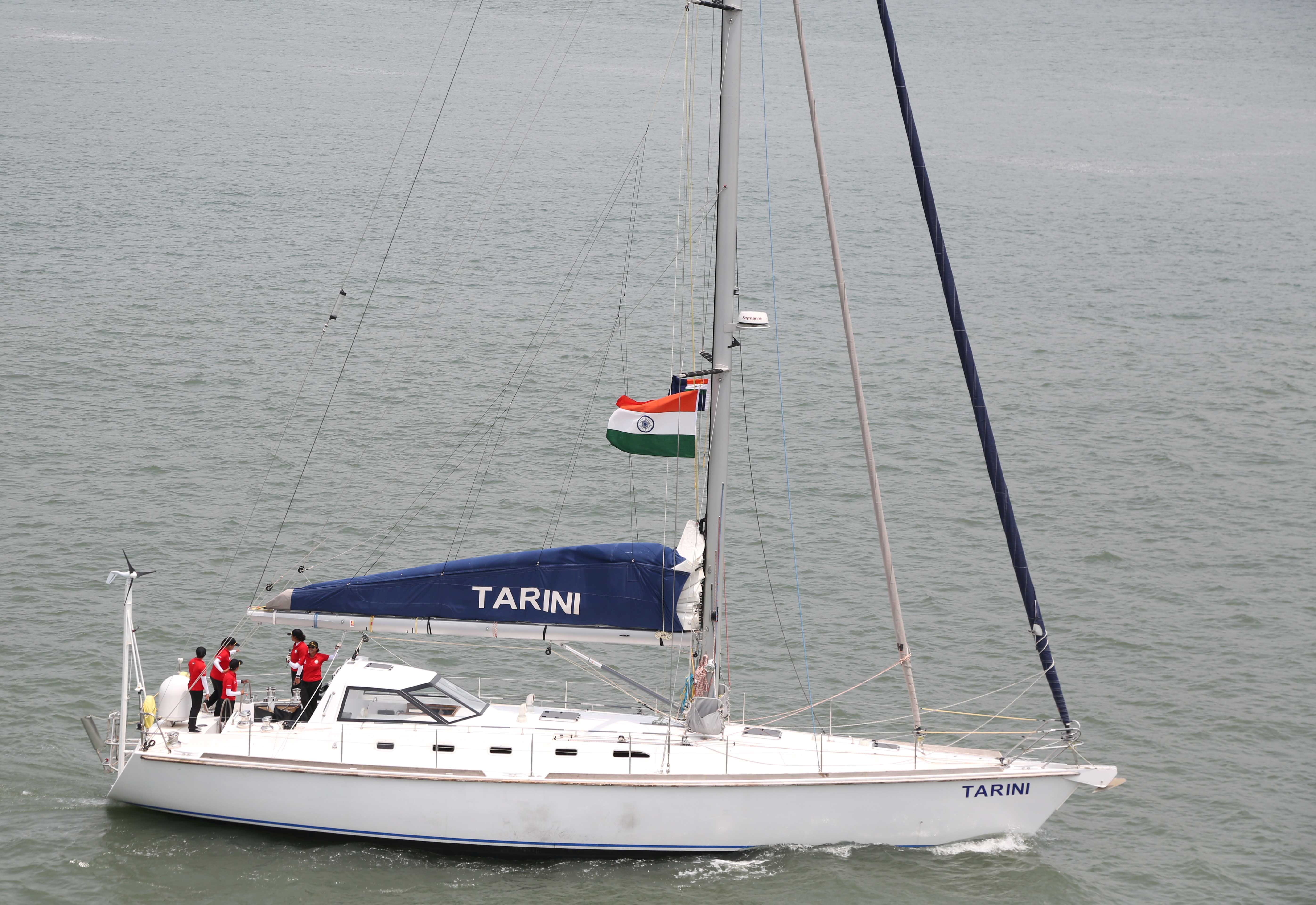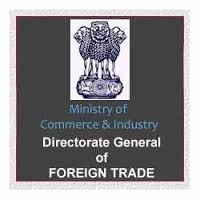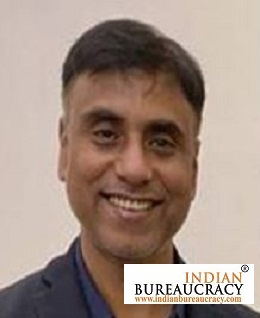Union Minister of State for Health and Family Welfare, Smt. Anupriya Singh Patel, addressed the 4th Ministerial High-level Global Conference on Antimicrobial Resistance (AMR) in Jeddah, Saudi Arabia. The conference, themed “From Declaration to Implementation – Accelerating Actions Through Multisectoral Partnerships for the Containment of AMR,” focused on translating commitments into actionable solutions for AMR containment.
Smt. Patel emphasized the “One Health” approach, advocating for cooperation across human, animal, plant, and environmental health sectors. She outlined India’s proposals to combat AMR, including:
- Strengthening Surveillance: Developing integrated systems to improve AMR detection and evidence-based antimicrobial usage at local and national levels.
- Sustainable Financing: Prioritizing investments in research and governance.
- Improving Access: Addressing barriers to antimicrobial access, especially in Low- and Middle-Income Countries (LMICs), through regional manufacturing hubs and stronger regulatory mechanisms.
- Capacity Building: Enhancing statistical modeling to track AMR-related mortality and measure progress towards reducing AMR-related deaths by 10%, as per UNGA targets.
India also supported the establishment of the AMR Multi-partner Trust Fund and the Independent Panel on Evidence for Action against AMR, set to launch by 2025. Smt. Patel stressed the importance of context-specific solutions tailored to individual nations’ needs while supporting global AMR mitigation efforts.
The conference issued the “Jedda Commitments”, resolving to form national multi-sectoral AMR coordinating bodies to ensure comprehensive implementation of National Action Plans (NAPs). These bodies will leverage data and AI advancements for policy-making and regular reporting on AMR progress, enabling a cohesive response to the challenge.
This event underlines India’s dedication to combating AMR while fostering global collaboration to ensure equitable access to antimicrobials, diagnostics, and vaccines.





